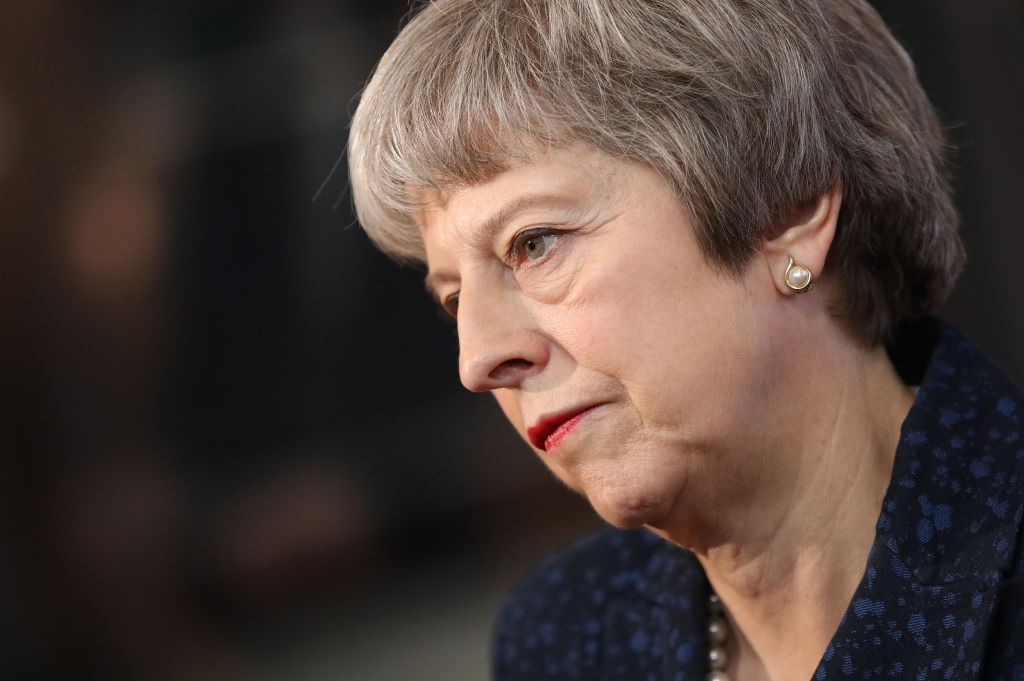Ever since ‘Brexit’ was first breathed, there have been comparisons with Henry VIII’s break with Rome. At first such comparisons seemed a bit far-fetched, for there are some big differences between the Catholic Church and the EU, and between Protestantism and zeal for Brexit. But now they seem uncannily apt.
For it looks as if we are embarking on an almighty compromise, a monster muddle middle-way that will be decades in the making. It was about thirty years after Henry’s break that his daughter Elizabeth started stabilising things. Let’s hope we’re a bit quicker to realise that we must lay aside our purism and channel the Tudor spirit of compromise.
Now, like then, tidy-minded ideologues on both sides scorn the very idea of a middle-muddle way. How can the nation be expected to unite around a compromise? Surely the alternatives, fully in or fully out, are far more attractive? What logical coherence can a third way have? It’s the worst of both worlds! To Reformation purists, it seemed sheer madness to seek a middle course when the salvation of souls was at stake. It seems that most MPs are similarly minded now: auditions for More and Tyndale are in full swing.
But maybe the impersonation that matters is Theresa May’s as the steely queen of compromise. If she can do what Elizabeth I did, without the power to remove heads from shoulders, that would be quite an achievement of bloody-mindedness and Anglican faith. For her Anglicanism is surely a big factor in her performance. She clearly has a very Anglican faith that the seemingly hard-core options on each side are not the whole story – if you have the gift of faith, you can transform the worst of both worlds into the having and eating of cake. The question now is whether the vicar’s daughter can appeal to the submerged Anglicanism of her colleagues.







Comments